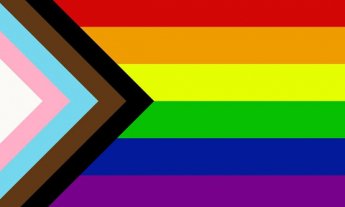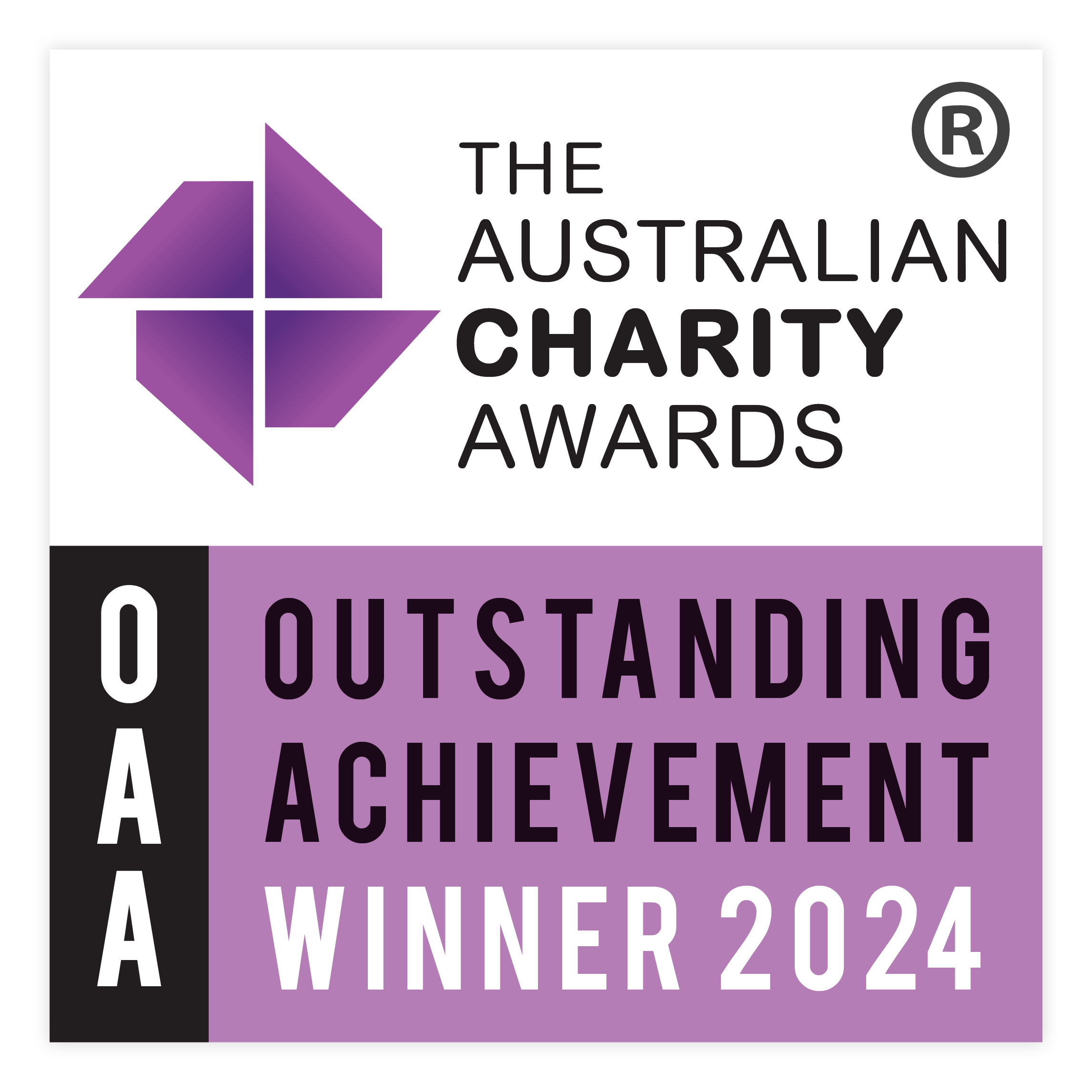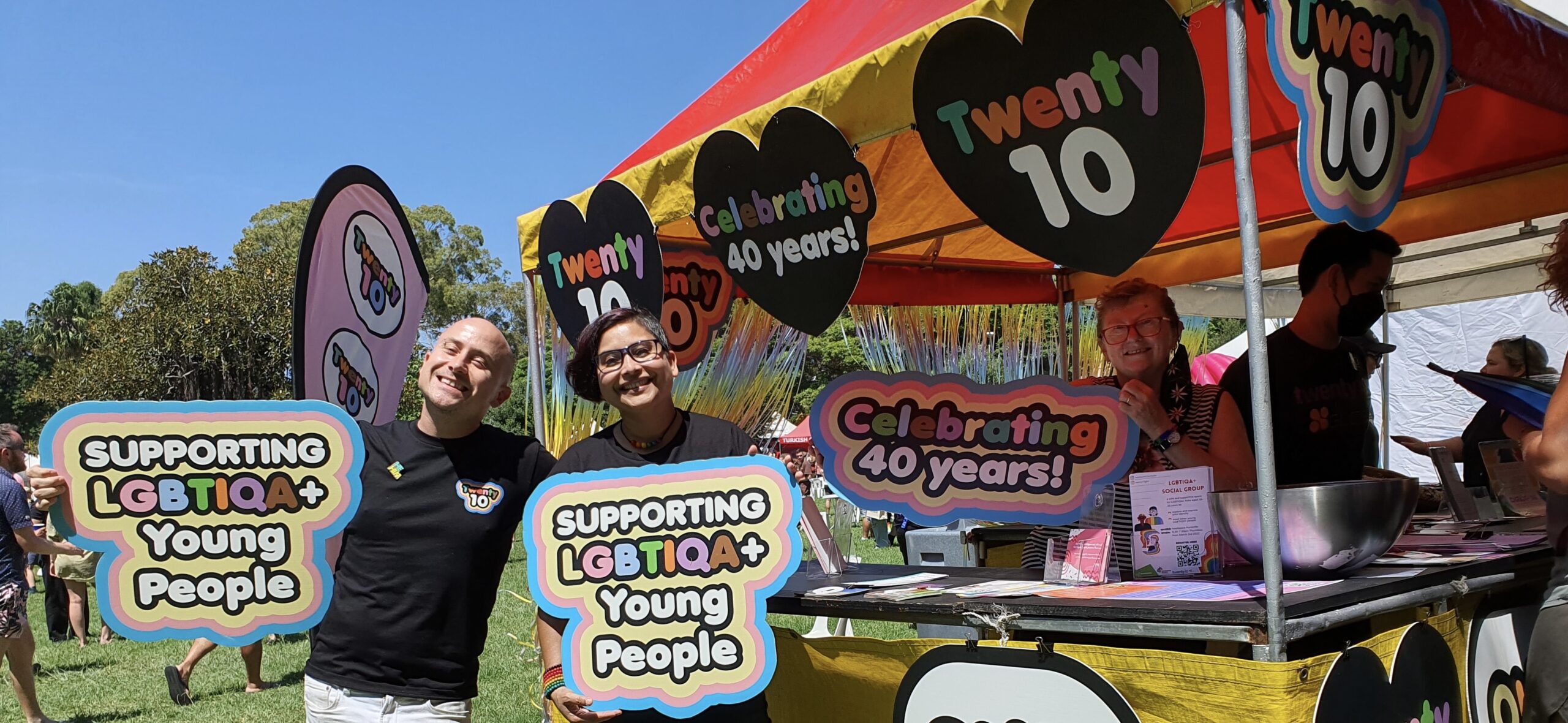
LGBTIQA+ community members are more than twice as likely to experience homelessness than the rest of the population. Violence, family rejection, discrimination, and trauma in these communities drive the over-representation of LGBTIQA+ people among those who are homeless. We need to invest in more specialised services and workers who can support housing pathways for LGBTIQ+ people to ensure they are safe and secure.
We know through local and international research that lesbian, gay, bisexual, transgender, intersex, and queer (LGBTIQ) people are over-represented among those experiencing homelessness, and are more than twice as likely to experience homelessness than the rest of the population. The 2014 General Social Survey in Australia recorded that 13% heterosexuals had ever been homeless compared with 21% bisexual people and 34% lesbian/gay people. Drivers include family rejection and violence, discrimination in the housing sector and employment, mental health problems including heightened anxiety and stress, substance abuse and trauma.
Because of their sexual orientation or gender identity LGBTIQA+ people experience higher levels of family rejection, conflict and violence, and often homelessness is the only option for survival. This leads to a younger age when first homeless, and a greater reliance on friends rather than family for support. Higher levels of childhood sexual assault and higher foster care experiences also indicate that family issues arise much earlier than adolescence for some.
2
43
50
However, despite the heightened risk of homelessness among LGBTIQA+ people, there has been limited and inadequate research and data collection in Australia that could further inform the development of effective policy and service responses. Very little is known about vulnerability intersectionality, for example, LGBTIQA+ people who are Aboriginal and/or Torres Strait Islander, culturally and linguistically diverse, of a faith background, or living with a disability. Data helps plan adequate funding, support, services and infrastructure to support all communities, yet questions of gender and sexuality were left off the most recent census.
Research on LGBTIQA+ health generally in Australia has revealed higher than average rates of substance abuse and poorer mental health, especially depression, anxiety, and suicidality, with discrimination again being a key factor. LGBTIQA+ young people are five times more likely than the general population to attempt suicide, Trans people are nearly 15 times more likely.
Funding needed for life saving and life changing programs
If LGBTIQA+ people are lucky enough to find support there are significant gaps in knowledge and inclusive practice among mainstream homelessness service providers. Emergency and crisis accommodation can also be dangerous where they are specifically at risk of homophobic and transphobic violence, harassment, and discrimination while on the streets and while accessing services.
For vulnerable LGBTIQA+ people who have left their home, lost their job or are disengaged from school due to discrimination, targeted programs that provide critical care and support are life-changing and life-saving. Receiving tenancy support, financial aid to set up new homes with household essentials, access to wellbeing and health care, or employment and education mentoring helps change the story for LGBTIQA+ people who are at risk of or experiencing homelessness.
“Being able to furnish transitional housing properties, purchase essential items, and support young people to achieve employment, education and health goals helps a young LGBTIQA+ person at risk of homelessness can feel affirmed and secure in their new housing and supported in the next phase of their life.
Vital funding would benefit out younger folk by providing:
- emergency food vouchers
- Rent arrears
- Laptops
- Driving lessons
- Health and well-being passes
- Cooking lessons
- Work clothing
- Housing set up items/furniture”
– Nick Oong, Twenty10 (Community Partner, pictured)
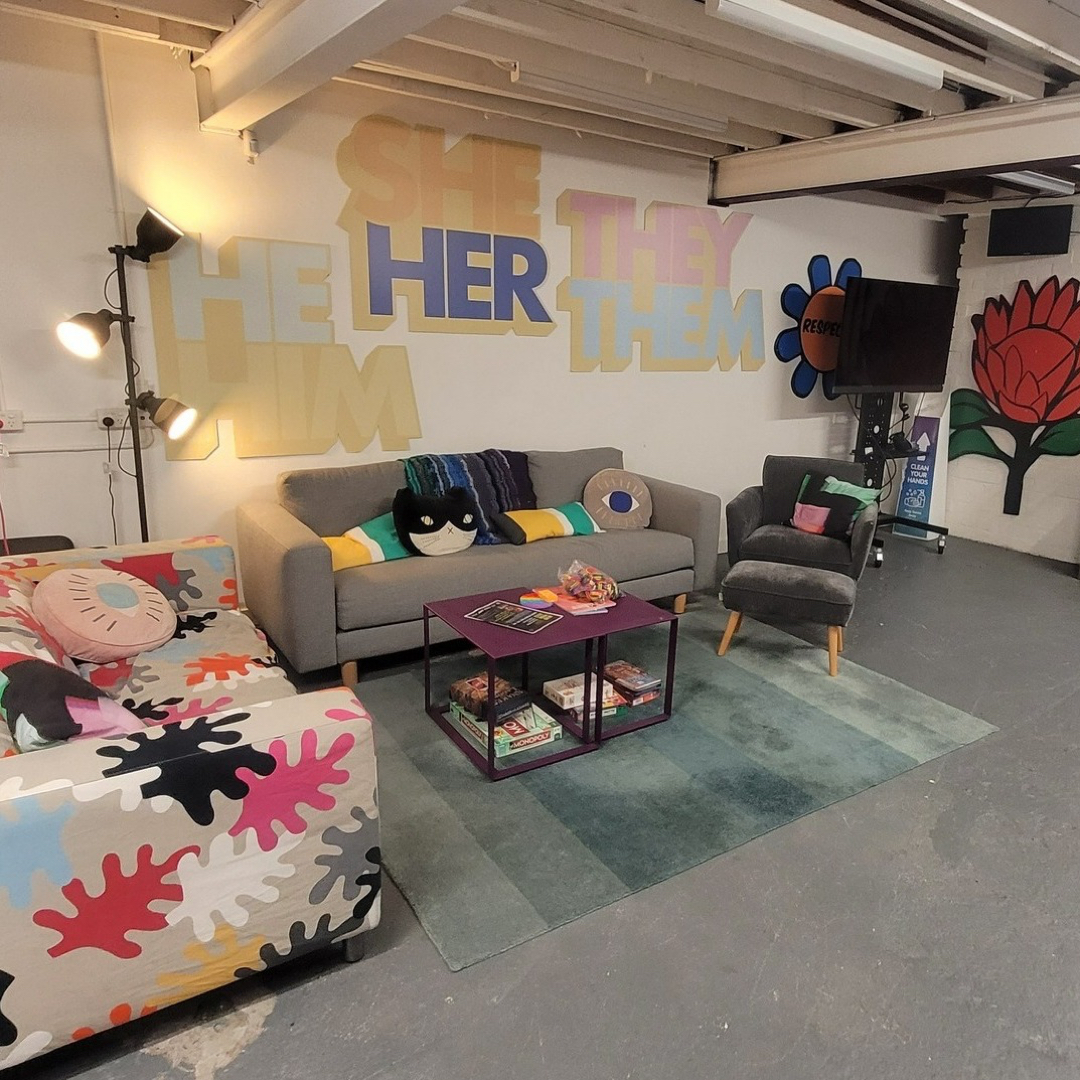
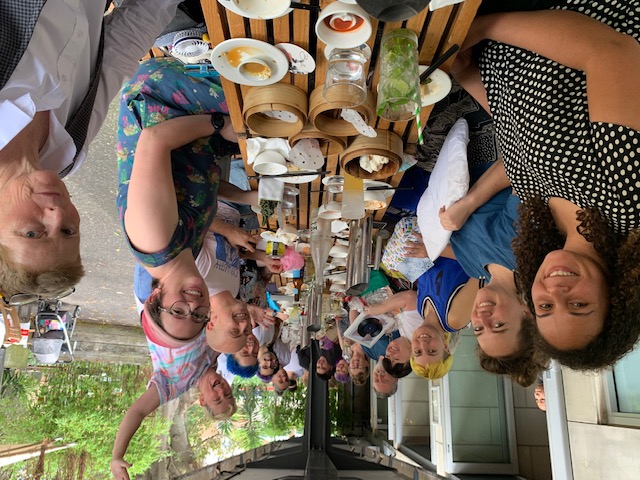
Pictured: Twenty10
“StreetSmart have been generously supporting our young, homeless LGBTIQA+ people since 2011. There have been times where, without this support, particular programs simply wouldn’t have functioned, so we are forever grateful. They are dedicated to supporting our most vulnerable and a great ally.”
–Chris Pickard, Open Doors Youth Service (Community Partners)
Grants made to support 60 people
We have been able to distribute funds raised to three organisations providing critical care and support to LGBTIQA+ identifying people facing complex vulnerabilities and homelessness. We have been able to support 60 people through covering the cost of emergency basics like medical bills, food, clothing, transportation, as well as household essentials like furniture and bedding.
| Organisation Name | Grant Amount |
| Open Doors Youth Service Inc. | $2,637.00 |
| Perth Inner City Youth Service | $2,637.00 |
| The Twenty Ten Association | $2,637.00 |
| Grand Total | $7,911.00 |
Click on the recipients to find out more
These grants were made possible through our generous monthly donors and once-off donors who made donations throughout February. This has meant we were able to support 3 organisations responding to and preventing LGBTIQA+ homelessness and vulnerability. If you’d like to join our monthly donor community and take collective action against homelessness, donate below!




